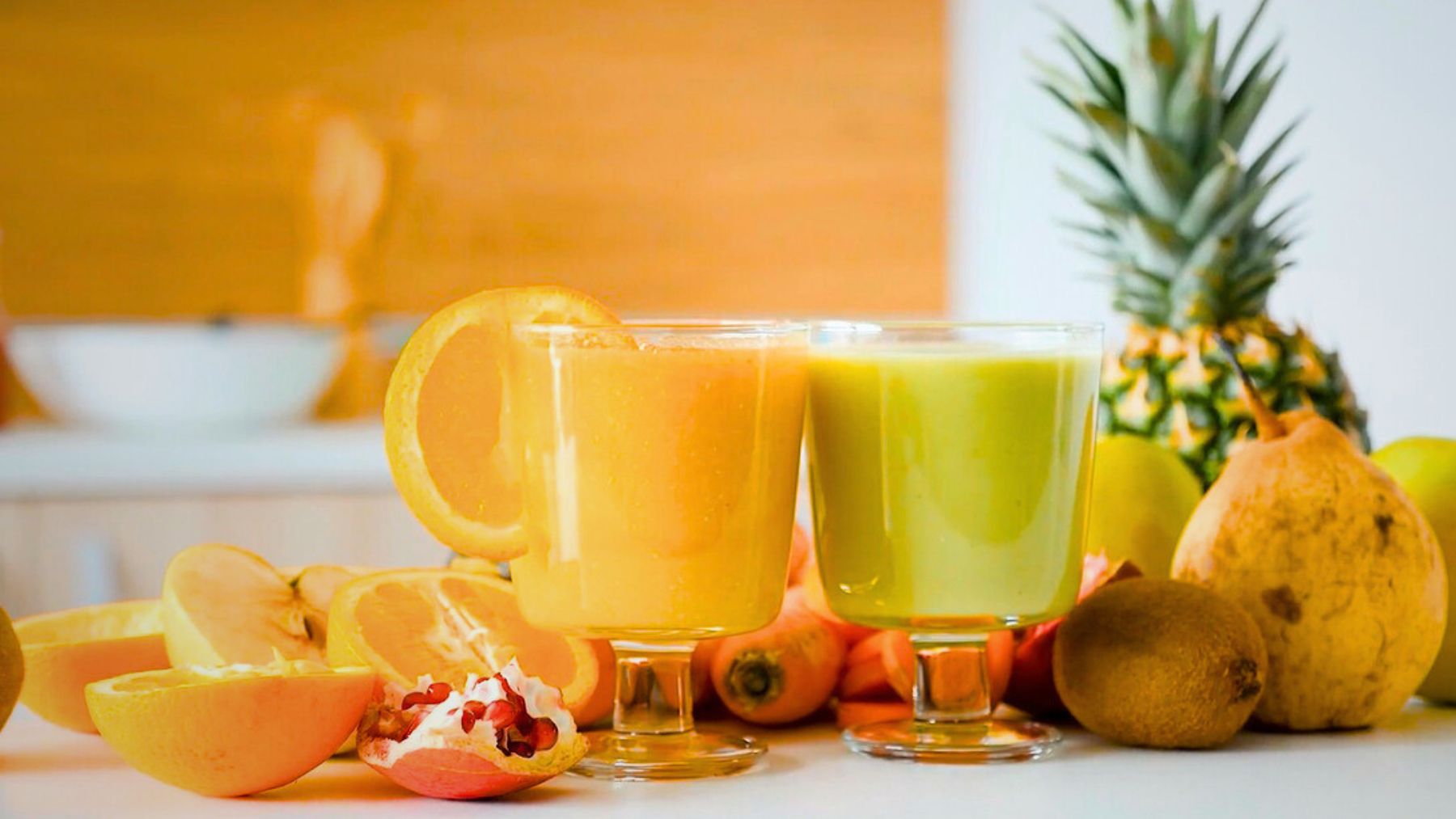When it comes to losing weight, the path can feel crowded with advice and suggestions. Dietitians like Melissa Rifkin, MS, RDN, CDN, and Kelsey Hampton Abdullah, MS, RDN, emphasize that while some foods are marketed as ideal for shedding pounds, they may sabotage your efforts.
Often, these so-called “diet foods” create more challenges than solutions by increasing cravings or failing to satisfy your hunger. Before adding these products to your cart, it’s essential to understand their pitfalls, from hidden sugars to artificial ingredients. Let’s uncover four of them and learn how to make better choices.
1. Low-fat yogurt
In the quest to eat healthier, low-fat yogurt often stands out as a go-to snack. But this seemingly nutritious option can come with hidden drawbacks. Many manufacturers remove fat to cut calories but compensate by adding sugar to enhance flavor. The result is a food that’s lower in fat but potentially high in added sugars, which can contribute to weight gain over time.
Studies have linked excess sugar consumption to increased appetite and cravings, making it harder to stick to a calorie deficit. Instead of low-fat, opt for plain, full-fat yogurt or Greek yogurt. These versions provide protein and healthy fats that keep you satisfied longer.
2. Diet drinks
At first glance, zero-calorie diet drinks seem like the ultimate weight-loss hack. But their artificial sweeteners, such as sucralose or aspartame, can trick your brain, leading to increased cravings and a higher likelihood of overeating.
If you’re looking to satisfy your soda cravings, consider healthier alternatives like sparkling water flavored with natural fruit extracts or beverages sweetened with stevia. These options can help you stay on track without compromising your weight-loss efforts.
3. Protein bars
Protein bars are marketed as convenient, nutrient-packed snacks or meal replacements, but they’re not all created equal. Many popular brands are loaded with added sugars and can pack over 300 calories per bar. For something that’s meant to fuel your body, these bars can feel more like candy than a healthy option.
Replacing meals with a dense, processed snack also means you’re missing out on the satisfaction of eating real food. To make better choices, look for protein bars with fewer than 200 calories and minimal added sugar. Pairing them with whole fruits or vegetables can increase fiber intake and keep you feeling fuller longer.
4. Pre-made smoothies and shakes
Convenience is key in busy lifestyles, and pre-made smoothies or shakes promise an easy way to stay healthy on the go. However, many of these products are high in added sugars and low in fiber, protein, and healthy fats.
The sugar content in these drinks can lead to quick energy spikes followed by crashes, leaving you feeling hungry shortly after. To avoid these pitfalls, prepare your smoothies at home. Use unsweetened almond milk, Greek yogurt, spinach, and berries to create a balanced drink.
Weight loss is a journey that requires informed choices and a bit of trial and error. By understanding what’s in your food and opting for whole, nutrient-dense alternatives, you can stay on track in your weight-loss journey. Remember that small and mindful changes can make a big difference over time.

